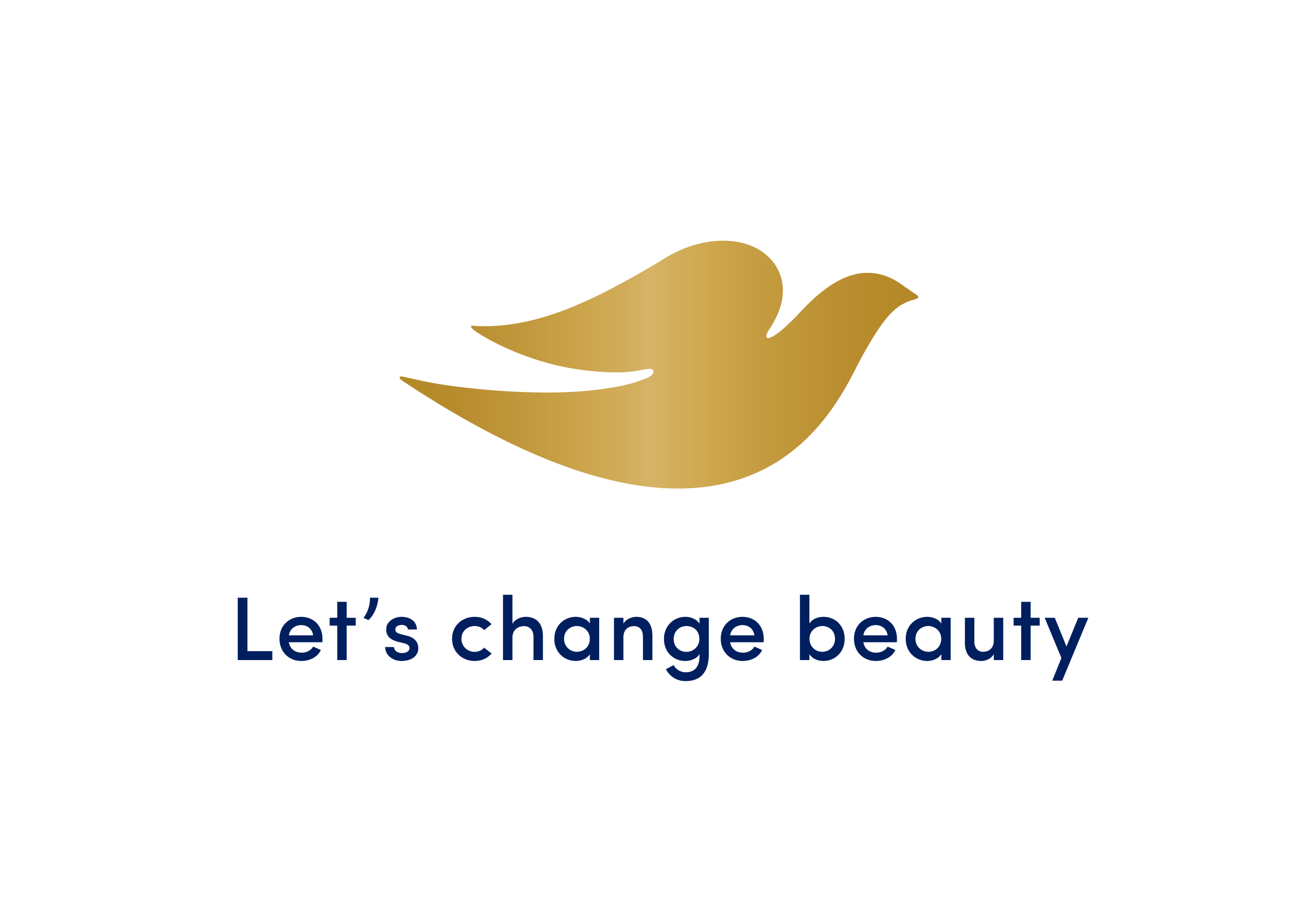A few basic principles are that good scalp care consists of using the right ingredients in well-formulated products, proper hygiene, and microbiome care. As a dermatologist, I emphasize the importance of gentle cleansing to remove excess oils, debris, and product buildup without stripping the scalp of its natural oils. Regular but not excessive washing, paired with nourishing, microbiome-friendly ingredients, fosters an environment conducive to robust hair growth. A well-maintained microbiome not only contributes to scalp health but also helps defend against common issues such as flaking and irritation.
Choosing the right hair products tailored to your specific hair and scalp type is key. Whether you have dry, fine, or thinning hair, or struggle with oily scalp, selecting products that address your needs is important. Let’s take a closer look at some science-backed ingredients.
First off, let’s examine niacinamide, or Vitamin B3. Niacinamide is a powerhouse ingredient with anti-inflammatory properties that help soothe irritated skin and reduce redness. Niacinamide has been found to help regulate the production of sebum, preventing the skin from becoming too oily or too dry. This balance is crucial for preventing common scalp issues, such as flaking or excessive oiliness. [1, 2]
Glycerin, a popular ingredient in skincare, is a humectant that attracts and retains moisture. It acts like a magnet, drawing in moisture from the air and delivering it to the scalp, and a moisturized scalp is more resistant to dryness, irritation, and flaking.[3] By helping to moisturize scalp, glycerin also helps to improve the elasticity of the hair shaft, reducing breakage and promoting a smoother, shinier appearance.
Zinc, a trace mineral, has antimicrobial properties to help cut down on Malassezia yeast that lives on our scalps and helps to regulate the production of sebum, preventing both excessive oiliness and dryness.[4]
Peptides, small protein fragments, are gaining recognition for their benefits in promoting scalp and hair health. For example, certain peptides can help stimulate collagen production and contribute to the overall strength and elasticity of the hair, reducing the risk of breakage and split ends. Peptides such as Hydrolyzed Yeast protein have been shown to help with follicular nourishment and fortification of the roots, helping to give the appearance of thicker fuller hair. Incorporating peptides into your hair care routine can really level up your scalp and hair care.
Nurturing your scalp is the foundation for achieving vibrant, healthy hair. I have been working with Dove over the past 2 years to co-create the Dove Scalp + Hair Therapy line, to target specific haircare concerns by hair and scalp type. We’ve created a full haircare regimen, starting with the Clarifying Foaming Scrub which exfoliates debris such as dead skin and product build up to provide a gentle but effective scalp cleansing experience. Then choose either the Clarifying Shampoo and Strengthening Conditioner, which nourish and protect the hair from premature breakage, or the Hydrating Shampoo and Hydrating Conditioner, which deliver deep lasting moisture to your hair despite dryness from the environment or styling practices. The Fullness Restore Scalp Serum is suitable for everyone, working to strengthen the scalp skin barrier, with 89% of women seeing thicker, stronger hair over a 90-day trial period. Last but not least, the Root Lift Thickening Spray helps to add density for anyone struggling with thinning hair.
By incorporating these scientifically backed ingredients into your hair care routine and choosing products suited to your specific needs, you are taking proactive steps toward a healthier scalp and, in turn, stronger, healthier, and more resilient hair.
Sources:
- Draelos ZD, Matsubara A, Smiles K. The effect of 2% niacinamide on facial sebum production. J Cosmet Laser Ther. 2006 Jun;8(2):96-101. doi: 10.1080/14764170600717704. PMID: 16766489.
- Fabbrocini G, Cantelli M, Monfrecola G. Topical nicotinamide for seborrheic dermatitis: an open randomized study. J Dermatolog Treat. 2014 Jun;25(3):241-5. doi: 10.3109/09546634.2013.814754. Epub 2013 Jul 5. PMID: 23763270.
- Harding CR, Matheson JR, Hoptroff M, Jones DA, Luo Y, Baines FL, Luo S. A high glycerol-containing leave-on scalp care treatment to improve dandruff. Skinmed. 2014 May-Jun;12(3):155-61. PMID: 25134312.
- Schwartz JR. Zinc Pyrithione: A Topical Antimicrobial With Complex Pharmaceutics. J Drugs Dermatol. 2016 Feb;15(2):140-4. PMID: 26885780.




